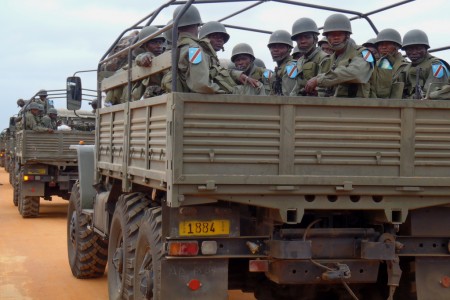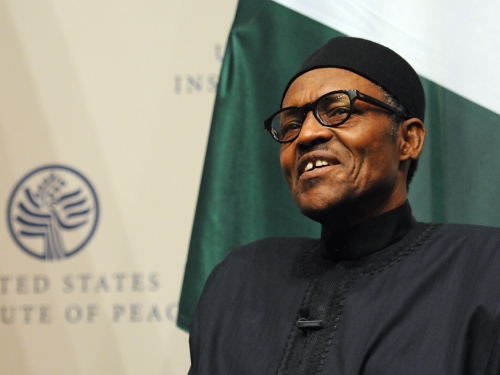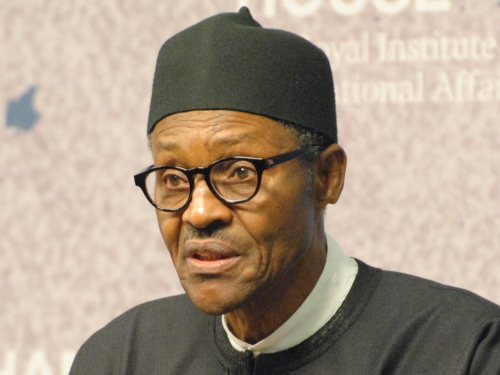
This article was originally published by the Institute for Security Studies (ISS) on 7 February 2017.
Significant security gains have been made in the fight against Boko Haram, but the war is far from over.
Last year marked the seventh year since Boko Haram re-merged following a heavy-handed crackdown on the group in July 2009. Since then, the outfit has employed violence in Nigeria and the surrounding region at a dizzying pace. In 2014, according to data collected by the Global Terrorism Database (GTD), it was the world’s most deadly terrorist entity.
A lot has changed in the struggle against Boko Haram since then, including the advent of operations by the Multi-National Joint Task Force and the eviction of militants from most areas of territorial control.
This past August, the movement split into two factions. Long-time leader Abubakar Shekau favours a more indiscriminate attack profile, while the new Islamic State-backed Abu Musab al-Barnawi faction prefers to engage security forces directly (such as in Bosso, Niger in June). Despite these developments, the high rate of violence perpetrated by the group remains a consistent feature.




